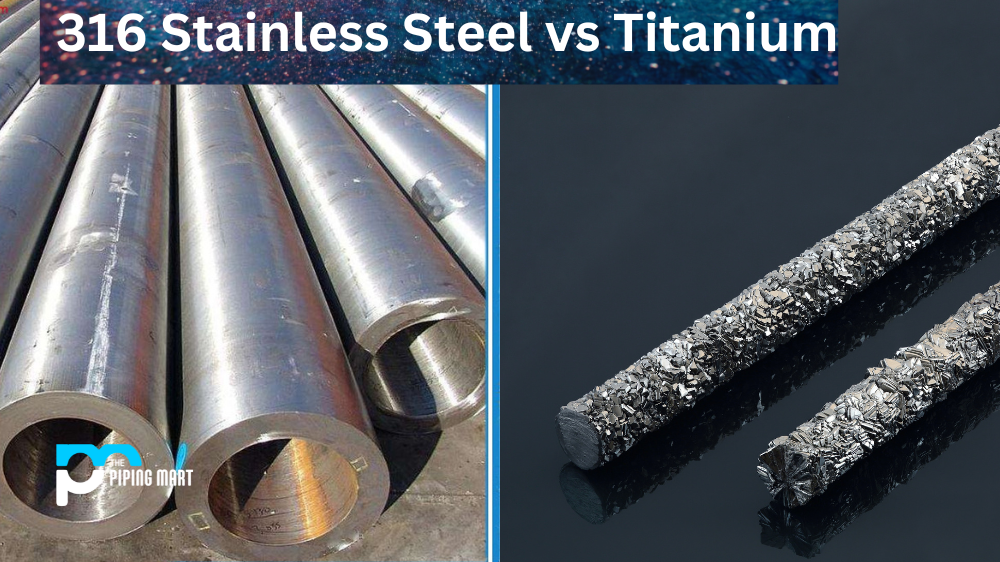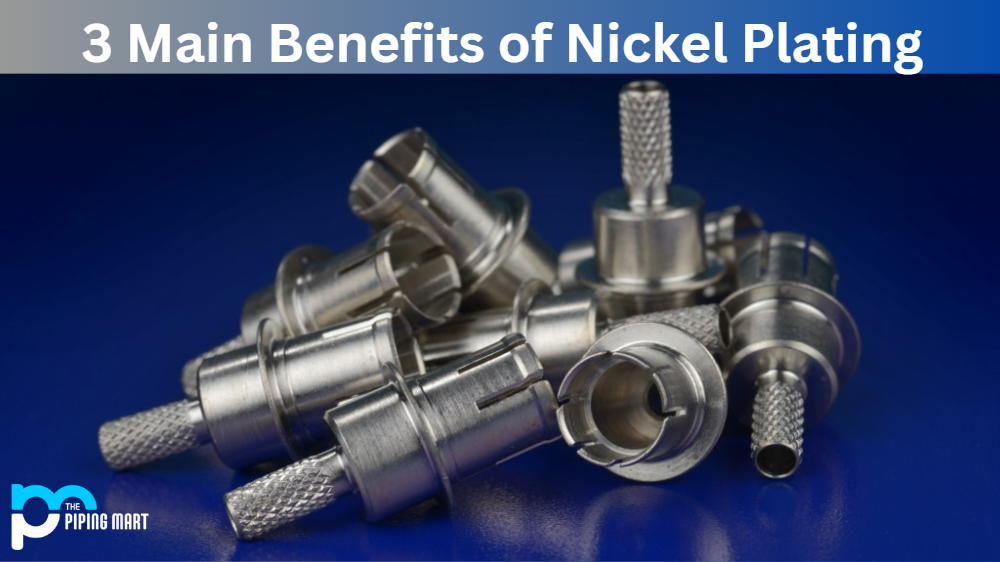When it comes to durability, strength, and longevity, the two top contenders in the metals industry are 316 stainless steel and titanium. Both of these materials are incredibly strong and resistant to corrosion, but they differ in several ways. Let’s take a closer look at how these two metals compare.
Difference Between 316 Stainless Steel and Titanium
Durability & Strength
Titanium is one of the strongest metals available today and is widely used in aerospace engineering because of its exceptional strength-to-weight ratio. It is also highly corrosion-resistant, making it ideal for use in marine applications as well. On the other hand, 316 stainless steel is just as strong as titanium but has slightly lower resistance to corrosion than titanium does. However, it offers better heat resistance and can withstand higher temperatures before losing its shape or becoming brittle.
Maintenance & Cost
Titanium requires much less maintenance than 316 stainless steel due to its superior corrosion resistance. This can save you time and money in the long run because you won’t have to worry about replacing parts or cleaning up rust buildup. However, titanium can be more expensive than 316 stainless steel due to its rarity and difficulty in manufacturing processes.
Applications
316 stainless steel is commonly used for medical implants due to its high degree of biocompatibility with human tissue, whereas titanium is often used for aerospace components, marine components, and power tool bodies, thanks to its superior strength-to-weight ratio. Titanium is also increasingly being used for medical implants due to its biocompatibility with human tissue and its non-toxicity when implanted into the body.
Conclusion:
When it comes down to choosing between 316 stainless steel or titanium for your project needs, there are many factors that should be taken into consideration, such as cost, maintenance requirements, application needs, durability/strength requirements and more. Depending on your specific needs, one material may be more suitable than the other, so it’s important to do your research before making a decision! With that said, both materials offer excellent options when it comes to durability and strength with their own unique advantages depending on your application needs, so make sure you weigh all of your options carefully before making a final decision!

Pipingmart is a B2B portal that specializes in metal, industrial and piping items. Additionally, we share the latest information and information about materials, products and various types of grades to assist businesses that are involved in this business.




